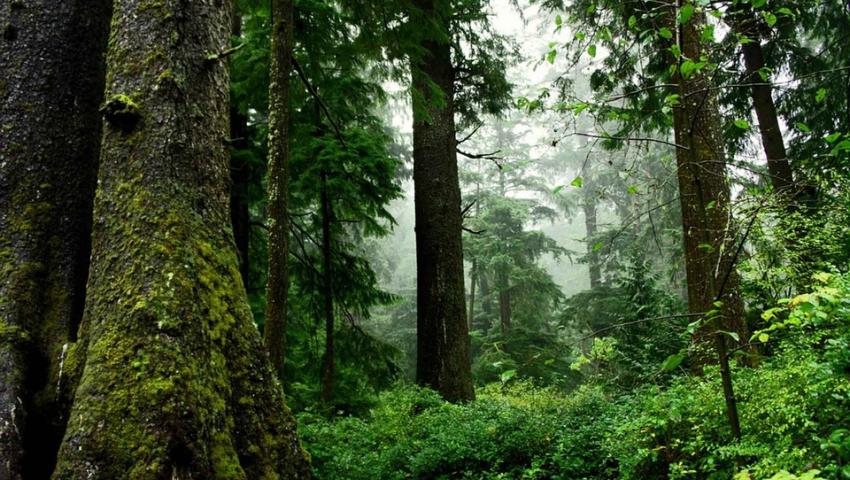The Executive Forest Agency and WWF: Bulgaria best preserves its centuries-old forests from all over Europe
European payment systems should be introduced to encourage private individuals to protect their forests and not harvest wood in them, say the environmental organization

Bulgaria is proving to be a leader in the protection of its centuries-old forests compared to other countries in Europe. This became clear from the words of the executive director of the Executive Forest Agency (EFA) Alexander Dunchev. According to him, the reason for this is that most of these forests in our country are state property. Dunchev added that only a few days ago the EU presented its strategy for biodiversity, according to which in the next 10 years member states must protect 10% of their forests in the old age phase. At the moment, Bulgaria has placed under protection 5 percent of its ancient and old forests, which leads throughout the European Union.
Dunchev's findings come after a reconnaissance visit held today in an old forest on the territory of Vitosha, organized by EAG and WWF-Bulgaria. The field visit was led by Prof. Tsvetan Zlatanov from the Institute of Biodiversity and Ecosystem Research at the Bulgarian Academy of Sciences, who has been studying the centuries-old forests in Stara Planina, Belasitsa, Vitosha, Rhodopes, Rila and Pirin for the last 20 years.
Dunchev and WWF-Bulgaria forestry specialist Nelly Doncheva presented the situation in the country. "By 2016, about 79,000 hectares / ha / forests were under protection, and by order of the Minister of Ecology from the same year, about 100,000 ha were placed under protection. These about 180,000 ha, together with the other forests in the old age phase, which are in the certified farms, make about 200,000 ha, which is about 5% of the Bulgarian forests in general, "said Dunchev. "In Europe, on average, about 1 at most 2 percent of centuries-old forests are protected, ie. we are much ahead of them, "he added. According to him, a strategy is now being developed for the remaining 5% of the centuries-old and old forests in Bulgaria, which are located in wetlands and nature parks.
"We can implement this European strategy easily, because we have potential, we have very well-protected forests by foresters," said the head of EAG.
Nelly Doncheva also noted that the great advantage of Bulgaria in this process is that in our country 70% of the forests are state property and this allows quick and easy resolution of the issue. In the remaining 30 percent there are forests of municipal property, private and property of religious communities.
"What we are doing now from WWF quite intensively is related to the verification and certification of old forests, municipal property," Doncheva commented. He added that currently the territory of 62 municipalities has been studied, and 8 have declared their old forests for protection. Among these municipalities are Kyustendil, Pirdop, Sevlievo, Veliko Tarnovo, Harmanli, Botevgrad. She added that at this stage Sofia Municipality has refused to protect its old forests. The studied ones on its territory amount to about 8,200 hectares, and 800 ha have been declared for protection to date.
Doncheva also noted that in order for private owners to have a motive to protect their old forests, European policies and opportunities for compensatory payments or payments for protection of the ecosystem functions of forests under Rural Development Programs should be used. Such payments are made in other countries, but have not yet been introduced in Bulgaria. According to the WWF expert, this would help the process of declaring old forests protected, including those that are privately owned.
Experts commented that the declaration of protection in these forests excludes the possibility of logging and human intervention in them is minimized. According to a proposal by conservation organizations made a year ago, this compensation for private owners should be around 500 euros per hectare in order not to harvest in their forest.
